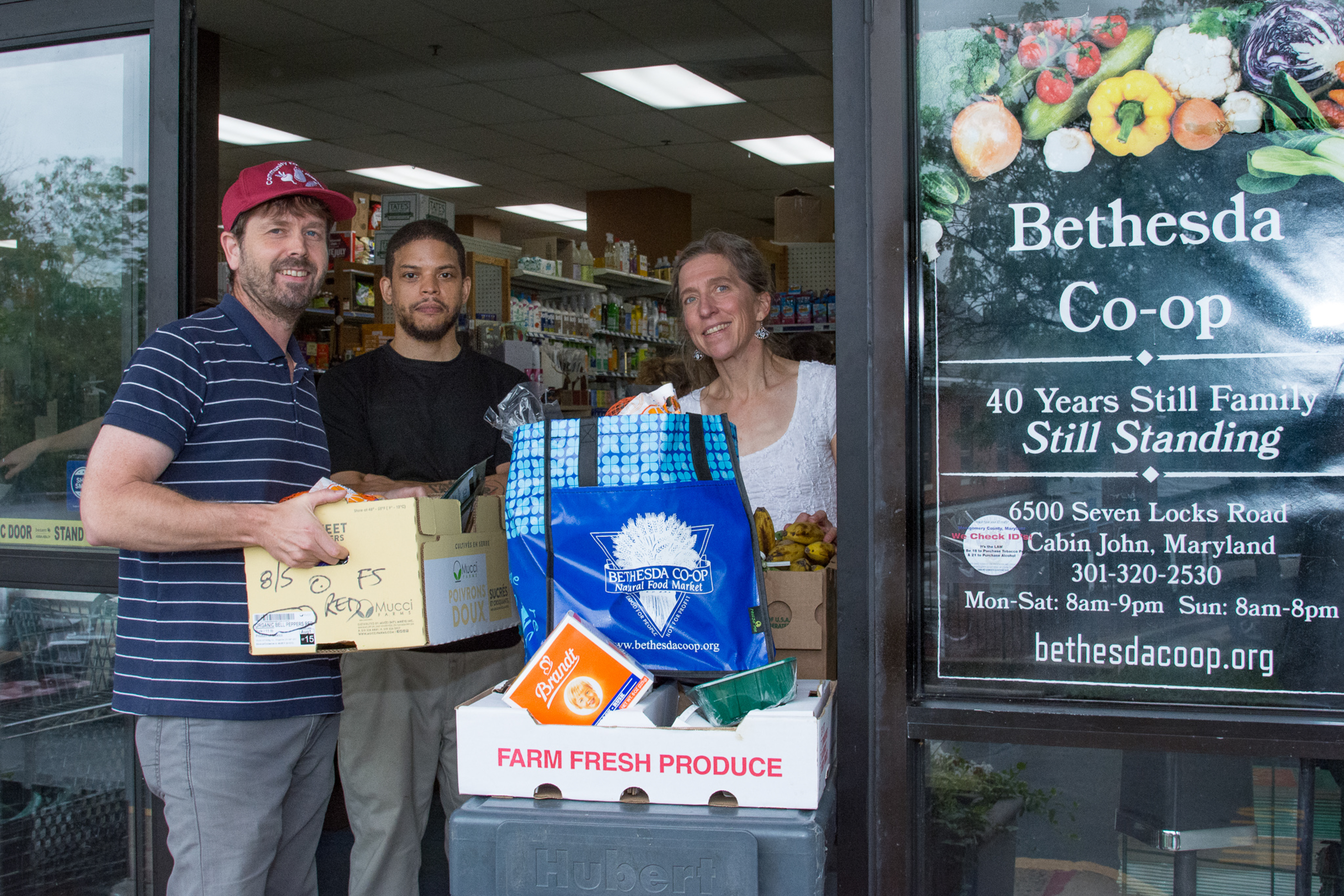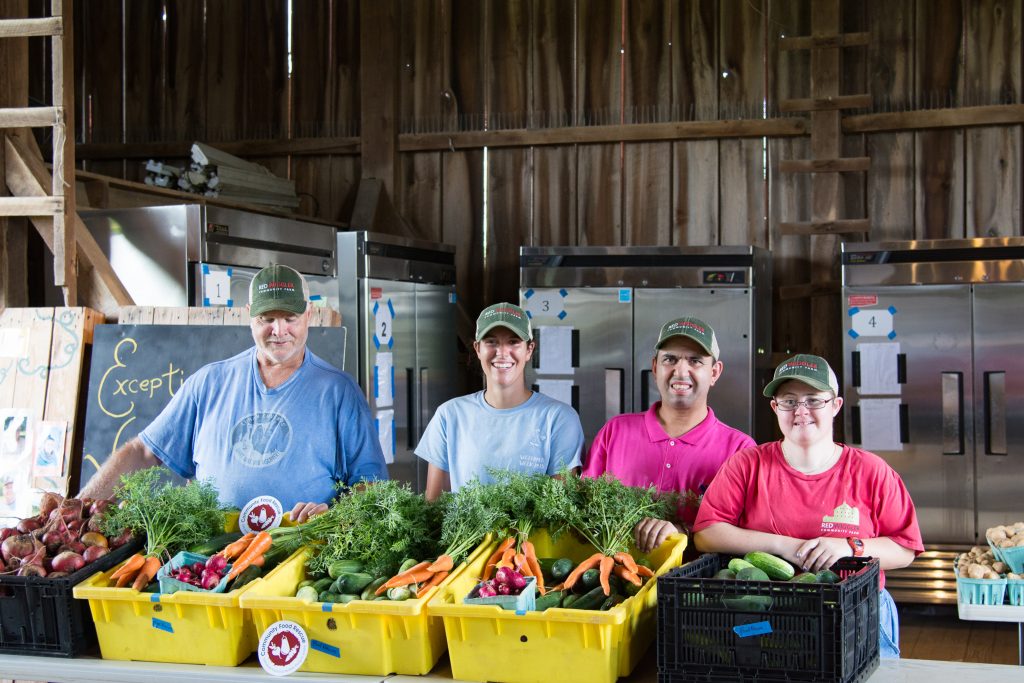Taxes! Here’s the Good News for Food Donors

No one likes to think about taxes, but did you know that businesses that donate surplus unsold food not only help people and the environment, but can save on their income taxes? Recent Maryland state legislation sweetens tax incentives for farmers in Montgomery County.
In 1976, Congress enacted Internal Revenue Code, Section 170e3, as an incentive so that businesses can take an enhanced tax deduction for “wholesome food donated to 501(c)3 nonprofit organizations that serve people experiencing poverty and hunger.” Businesses can deduct the production costs of the donated food. As an added enhancement—hence the name “enhanced tax deduction” they can also deduct half the difference between the cost basis (what the donor pays) and the full fair market value (the sales price) of food donated. The initial legislation limited the types of businesses that were eligible, but the 2015 America Gives More Act 2015 expanded the permanent tax deductions to all food donor businesses—including C-Corporations, S-Corporations, LLCs, partnerships, and sole proprietors.
While there are specific qualifications and caps on deductions, the Harvard Food Law and Policy Clinic and the Food Recovery Project at the University of Arkansas released a simple to use legal guide for food business donations. Farmers are also eligible to take an enhanced deduction; those who use cash basis accounting can use 25% of their fair market value as their cash basis. The Natural Resources Defense Council created a bulletin for farmers with calculation examples.
“We find that many businesses don’t even know that these tax incentives exist”, said Cheryl Kollin, Program Director of Community Food Rescue. “We make sure to tell all of our CFR member donors and promote it to encourage other businesses to donate their unsold food.”
While tax deductions reduce the amount of taxable income, tax credits reduce the total amount of tax owed. The state of Maryland passed a three-year pilot tax credit for farmers in a five counties, including Montgomery County in spring 2017. The tax credit allow farmers to cover the cost of harvest, packing, and transportation, and is essentially 50% of the wholesale price up to $5,000 per year. Supporters in the state legislature want to expand this incentive to all Maryland counties.

Farmers in Montgomery County can receive a tax credit for donating surplus produce.
Although the record keeping necessary to calculate these tax deductions and credits can be daunting, especially for small businesses that do not have accounting support staff, Community Food Rescue helps donors with this task. ChowMatch, our food recovery matching software, records each posted food run—by food weight, recipient organization, and date. Donors have the option of including the cost basis and fair market value of each donation. ChowMatch aggregates a donor’s food runs, and they are able to view a donation summary for any given time period with the click of a button. In 2018, donors will have the option to list their donations in ChowMatch by food category (such as bread/pastries, prepared foods, produce etc.) to further help with accounting. “We want to help businesses help those in the community that experience hunger. Enhanced tax deductions and tax credits for businesses offer further incentives to feed more and waste less,” said Kollin.

